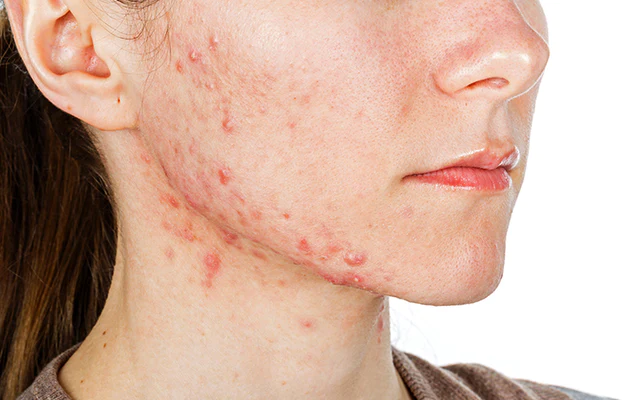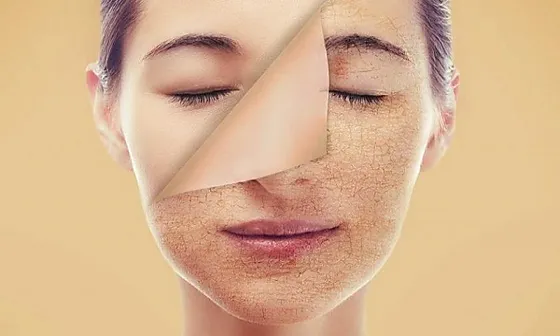Hormonal acne is a type of acne that is influenced by changes in hormones, particularly androgens (male hormones that are present in both men and women). When androgens increase, they stimulate oil production in the skin, leading to clogged pores and the formation of pimples and other types of acne.
In women, hormonal changes during puberty, menstrual cycles, pregnancy, menopause, and the use of oral contraceptives can trigger hormonal acne. Hormonal imbalances, such as polycystic ovary syndrome (PCOS) and adrenal gland disorders, can also cause hormonal acne.
In men, hormonal changes caused by aging, testosterone replacement therapy, and anabolic steroid use can cause hormonal acne.
It is important to seek medical attention for this skin condition as it can be difficult to treat with over-the-counter products alone. A dermatologist can provide a proper diagnosis and develop a customized treatment plan, which may include prescription medications, lifestyle changes, and skincare regimens.
What Is Hormonal Acne
Hormonal acne is a type of acne that is primarily caused by changes in hormone levels, particularly androgens, in the body. This type of acne is often associated with puberty, menstrual periods, pregnancy, and the use of hormonal contraceptives. Hormonal acne typically occurs in the lower half of the face, neck, chest, and upper back, and can be characterized by the formation of deep, painful cysts and nodules that are difficult to treat. It is important to seek medical advice for the proper treatment.
Symptoms Of Hormonal Acne
Location:
Hormonal acne often occurs in areas with a higher concentration of oil glands, such as the face, neck, chest, and back.
Type of Lesion:
Hormonal acne can present as deep, cystic pimples or nodules, as opposed to blackheads or whiteheads.
Timing:
Hormonal acne may flare up during specific times, such as during menstrual cycles or stress, and can recur periodically.
Severity:
Hormonal acne can be more severe and persistent compared to other types of acne and can leave behind scars or dark spots.
It is important to seek medical advice for the proper diagnosis and treatment. Over-the-counter acne products may provide temporary relief, but a combination of medications and lifestyle changes may be necessary for the long-term management of hormonal acne.
Causes Of Hormonal Acne
Hormonal Changes:
Hormonal fluctuations, particularly increased levels of androgens, can trigger an increase in sebum production, leading to clogged pores and the development of acne. Hormonal changes during puberty, menstrual cycles, pregnancy, and the use of hormonal contraceptives can all contribute to the development of this type of acne.
Genetics:
Some people may be genetically predisposed to hormonal acne, making them more susceptible to the condition.
Medications:
Certain medications, such as corticosteroids, can contribute to the development of hormonal acne by affecting hormone levels in the body.
Diet:
A diet high in sugar and processed foods can also trigger this condition by increasing insulin levels and leading to hormonal imbalances.
Stress:
Chronic stress can disrupt hormone levels and lead to the development of this skin condition.
How To Treat Hormonal Acne
Treatment usually involves a combination of topical and oral medications, lifestyle changes, and skincare regimens.
Here are some common treatment options:
Topical Medications:
Topical creams and gels that contain benzoyl peroxide, salicylic acid, retinoids, or antibiotics can help unclog pores and reduce inflammation.
Oral Medications:
Antibiotics, hormonal contraceptives, and other medications such as spironolactone or isotretinoin can help regulate hormones and reduce the severity of acne.
Hormonal Therapy:
Hormonal imbalances can be treated with medications such as metformin or birth control pills.
Lifestyle Changes:
Maintaining a healthy diet, avoiding sugar and processed foods, reducing stress levels, and getting enough sleep can all help regulate hormones and reduce the severity of acne.
Skincare Regimens:
Incorporating a gentle cleanser, moisturizer, and sunblock into your daily routine can help protect and hydrate your skin, reducing the severity of acne.
It is important to note that each person’s skin is unique and what works for one person may not work for another. Therefore, it is essential to work with a dermatologist to develop a personalized treatment plan that addresses the specific causes and symptoms of your hormonal acne.
Hormonal Acne Medication
Medications Safe for Hormonal Acne:
Topical Retinoids:
Tretinoin, adapalene, and tazarotene are topical retinoids commonly used to treat acne, including hormonal acne.
Topical Antimicrobials:
Benzoyl peroxide and clindamycin are topical antimicrobials that can kill bacteria and reduce inflammation.
Hormonal Therapies:
For women with this skin condition, hormonal therapies such as birth control pills and spironolactone can be effective.
Isotretinoin:
Isotretinoin, also known as Accutane, is a powerful oral medication for severe acne. However, it should only be used under close medical supervision as it has several side effects.
It’s important to consult a dermatologist for the best treatment plan for this condition, as the severity and cause of the condition can vary from person to person.
Hormonal Acne Diet
It is important to note that diet alone may not cure this, but incorporating a balanced and healthy diet can help improve the symptoms and overall health of the skin.
Balancing Hormones:
Eating a diet that is rich in whole, unprocessed foods and low in refined carbohydrates and added sugars can help balance hormones and reduce the risk of this condition.
Eliminating Dairy:
Dairy products have been linked to an increased risk of hormonal acne. Eliminating dairy or reducing dairy intake can help improve the symptoms.
Eating Antioxidant-rich Foods:
Antioxidant-rich foods, such as berries, leafy greens, and tomatoes, can help reduce inflammation and protect the skin against damage.
Incorporating Omega-3 Fatty Acids:
Omega-3 fatty acids, found in foods such as salmon and flaxseeds, can help reduce inflammation and improve the overall health of the skin.
Limiting Processed Foods:
Processed foods are often high in refined carbohydrates and added sugars, which can contribute to hormonal imbalances and the development of acne. Limiting processed foods can help prevent this type of acne.
Dermatologist-Recommended Supplements for Hormonal Acne
Supplements recommended by dermatologists can vary depending on the individual’s specific skin condition and overall health. Some of the commonly recommended supplements include:
Vitamin A:
Helps regulate sebum production and promote cell turnover, which can reduce the development of acne.
Zinc:
Zinc has anti-inflammatory properties that can help reduce the severity of acne.
Omega-3 fatty acids:
Omega-3 fatty acids have anti-inflammatory properties that can help reduce redness and swelling associated with acne.
Vitamin D:
Vitamin D can help regulate sebum production and prevent the formation of acne.
Probiotics:
Probiotics can help regulate the balance of bacteria on the skin, which can help reduce the development of acne.
It is important to note that supplements should be taken under the guidance of a dermatologist or healthcare provider as they can interact with other medications and have potential side effects.
Home Remedy For Hormonal Acne
Tea Tree Oil:
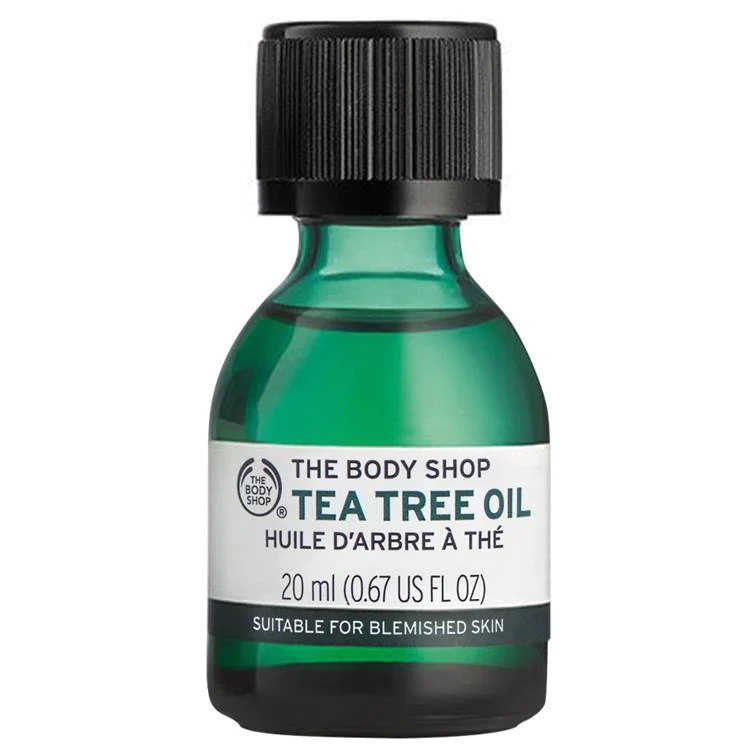
It has antibacterial properties that help in reducing inflammation and kills bacteria that cause acne.
Apple Cider Vinegar:
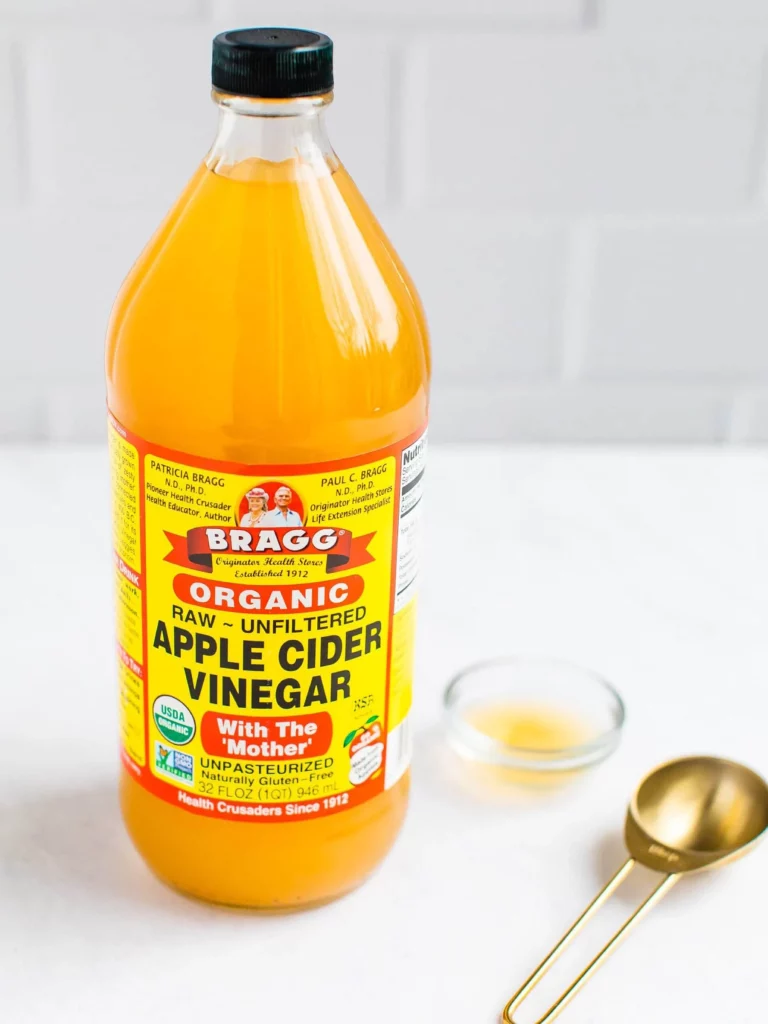
It helps to balance the pH levels of the skin, which can help in reducing breakouts caused by hormonal changes.
Green Tea:
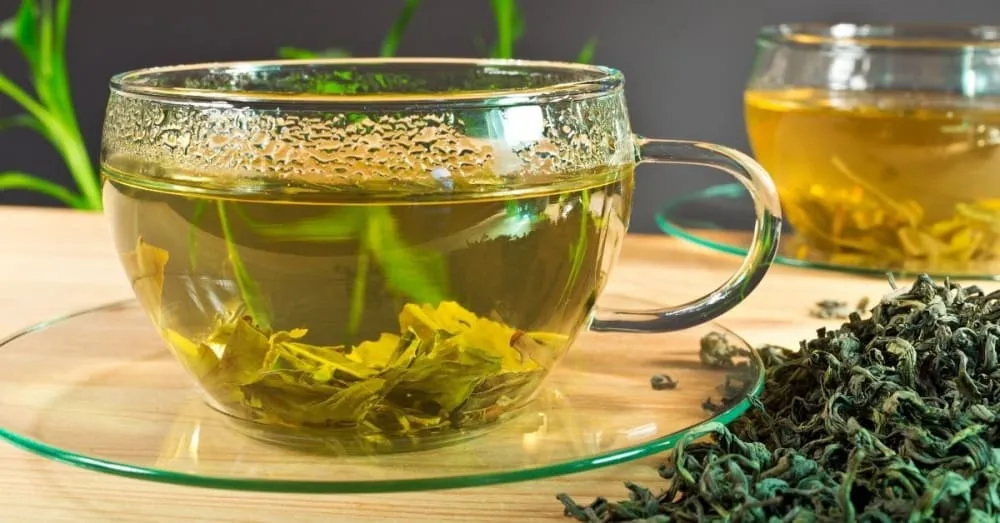
Green tea contains antioxidants and anti-inflammatory compounds that help in reducing redness and swelling caused by hormonal acne.
Honey:

Honey has antibacterial and anti-inflammatory properties that help in reducing inflammation and prevent future breakouts.
Aloe Vera:
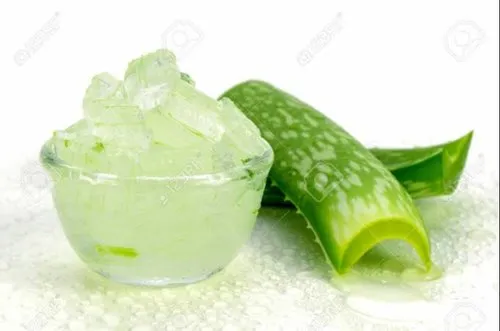
Aloe Vera contains antioxidants and anti-inflammatory properties that help in soothing the skin, reducing redness, and preventing breakouts.
Note: Before using any home remedy, it is important to patch test to avoid any adverse skin reaction. If your acne worsens, consult a dermatologist for proper treatment.
How To Stop Hormonal Acne
Prevention of Hormonal Acne
Maintain a healthy diet:
Consuming a diet rich in whole foods and avoiding processed and sugary foods can help maintain balanced hormones and prevent breakouts.
Manage stress:
Chronic stress can trigger hormonal imbalances and lead to acne breakouts. Implementing stress-management techniques like meditation, exercise, and yoga can help prevent this type of acne.
Use non-comedogenic skincare products: Using skincare products that are non-comedogenic and do not clog pores can help prevent acne breakouts, including this type of acne.
Avoid certain triggers:
Certain factors like excessive sweating, friction from tight clothing, and environmental pollutants can trigger breakouts. Avoiding these triggers can help prevent this condition.
Hormonal birth control:
Hormonal birth control methods like the pill can help regulate hormones and prevent breakouts. However, it is important to consult a doctor before starting any new medication.
Consult a dermatologist:
If you experience persistent or severe hormonal acne, it is best to consult a dermatologist who can recommend personalized treatment and skincare options.


